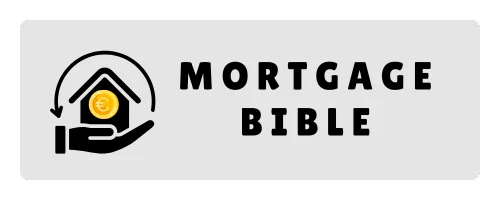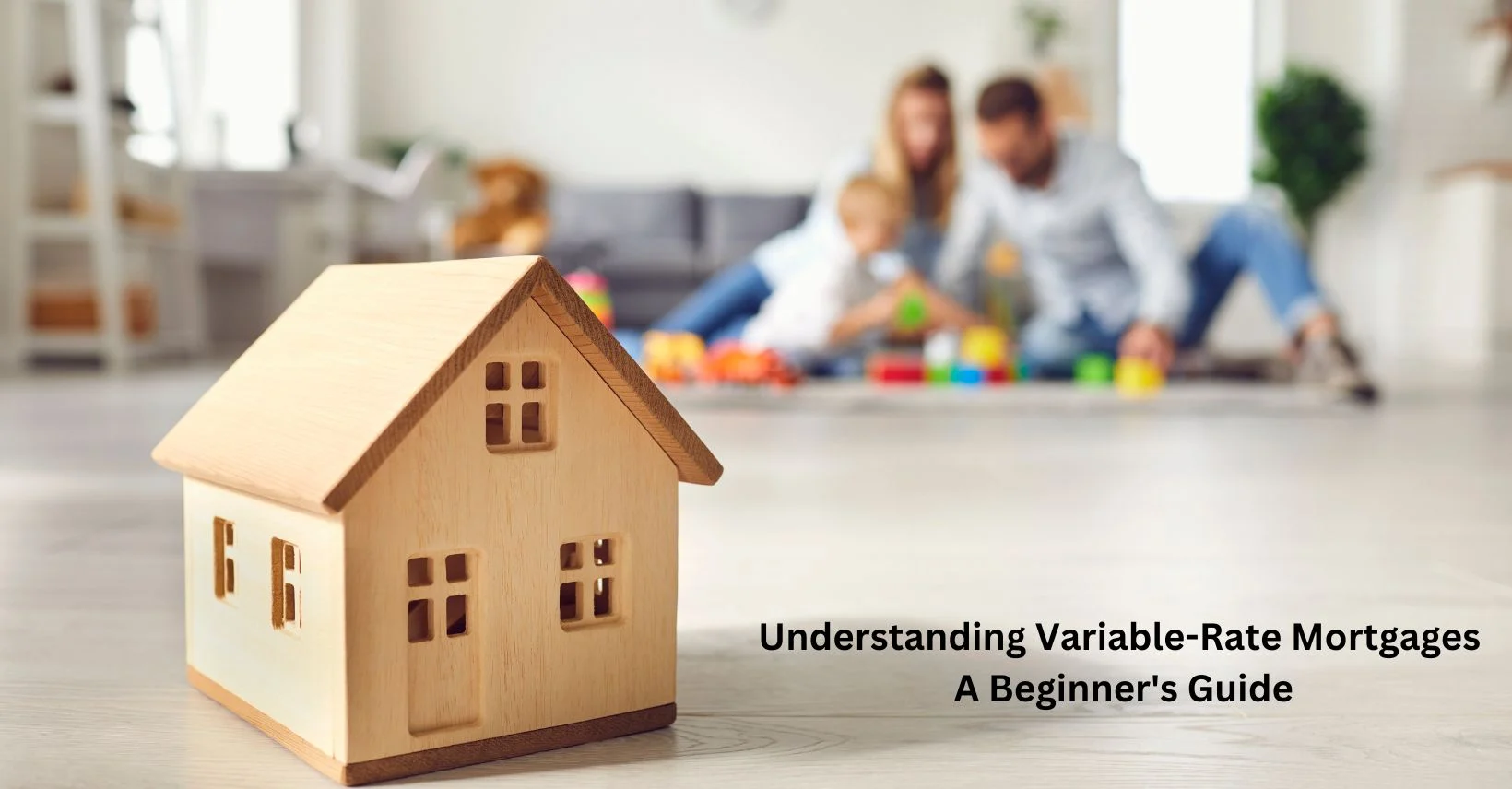Variable-rate mortgages are a popular choice for homebuyers due to their flexible nature and the potential for lower initial costs. Here’s a breakdown of what you need to know:
What is a Variable-Rate Mortgage?
A variable-rate mortgage (VRM) is a type of home loan where the interest rate can fluctuate over time. Unlike fixed-rate mortgages, where the interest remains the same throughout the loan term, VRMs are tied to a benchmark interest rate, often influenced by the central bank’s rates or other economic indicators.
Key Features
- Interest Rate Variability:
- The interest rate on a VRM can change periodically based on market conditions. When rates go up, your payments will increase; conversely, if they go down, your payments may decrease.
- Initial Lower Rates:
- Many variable-rate mortgages offer an initial lower interest rate compared to fixed-rate options. This can result in lower monthly payments during the first few years.
- Potential for Savings:
- If interest rates remain stable or decrease, borrowers may save money over the life of the loan compared to a fixed-rate mortgage.
Pros of Variable-Rate Mortgages
- Lower Initial Payments: The initial lower interest rate can make homeownership more affordable.
- Potential for Reduced Rates: If the market rates drop, your mortgage payment could decrease as well.
Cons of Variable-Rate Mortgages
- Uncertainty: Because the rate can change, there is a level of risk involved. Payment amounts can increase, making budgeting more challenging.
- Market Fluctuations: If interest rates rise significantly, it may lead to higher payments, which could strain finances.
When to Consider a Variable-Rate Mortgage
- If you plan to move or refinance within a few years, the lower initial rates might be beneficial.
- If you believe interest rates will remain stable or decrease in the near future, a VRM could save you money.
Conclusion
Variable-rate mortgages can be an excellent option for borrowers looking for flexibility and potential savings. However, it’s essential to assess your financial situation and tolerance for risk before making a decision. Always consider consulting with a mortgage advisor to determine the best option for your needs.



